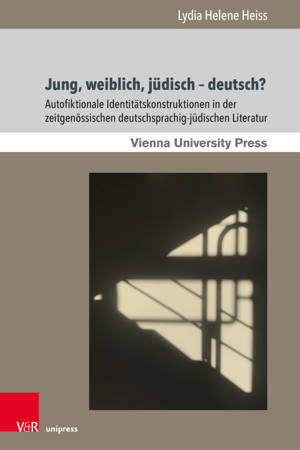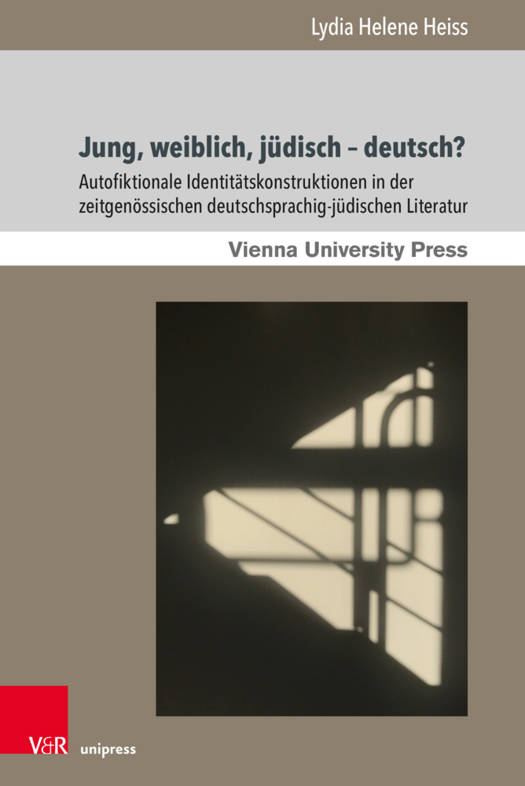
Bedankt voor het vertrouwen het afgelopen jaar! Om jou te bedanken bieden we GRATIS verzending (in België) aan op alles gedurende de hele maand januari.
- Afhalen na 1 uur in een winkel met voorraad
- In januari gratis thuislevering in België
- Ruim aanbod met 7 miljoen producten
Bedankt voor het vertrouwen het afgelopen jaar! Om jou te bedanken bieden we GRATIS verzending (in België) aan op alles gedurende de hele maand januari.
- Afhalen na 1 uur in een winkel met voorraad
- In januari gratis thuislevering in België
- Ruim aanbod met 7 miljoen producten
Zoeken
Jung, Weiblich, Judisch - Deutsch?
Autofiktionale Identitatskonstruktionen in Der Zeitgenossischen Deutschsprachig-Judischen Literatur
Lydia Helene Heiss
€ 54,45
+ 108 punten
Omschrijving
A declaration of love for Germany by the Jewish author Lena Gorelik in her semi-autobiographical text "Dear Mischa" (2011) poses the question whether the Holocaust is still the point of reference and central characteristic of self-conception of the contemporary or third generation of Jewish writers in Germany after 1945. In addition to Gorelik's text, the study analyzes Katja Petrowskaja's "Maybe Esther" (2014) and Olga Grjasnowa's "All Russians Love Birch Trees" (2012). This third generation of authors, publishing after 2010, is part of the 'new' German Jewry, composed mainly of immigrants from the former Soviet Union and their children - a fact which significantly influences contemporary Jewish identity in Germany: The analysis of the literary identities, which the authors constructed for their protagonists, sheds light on current trends in contemporary Jewish life in Germany and demonstrates that these 'new' Jews from the East reject the special status assigned to them as 'victims of the Holocaust' or 'exotic' outsiders. Instead the authors voice the desire for 'normalization' in the German-Jewish relationship in their autofictional texts.
Specificaties
Betrokkenen
- Auteur(s):
- Uitgeverij:
Inhoud
- Aantal bladzijden:
- 272
- Taal:
- Duits
- Reeks:
- Reeksnummer:
- nr. 15
Eigenschappen
- Productcode (EAN):
- 9783847111757
- Verschijningsdatum:
- 14/12/2020
- Uitvoering:
- Paperback
- Formaat:
- Trade paperback (VS)
- Afmetingen:
- 155 mm x 231 mm
- Gewicht:
- 416 g

Alleen bij Standaard Boekhandel
+ 108 punten op je klantenkaart van Standaard Boekhandel
Beoordelingen
We publiceren alleen reviews die voldoen aan de voorwaarden voor reviews. Bekijk onze voorwaarden voor reviews.









